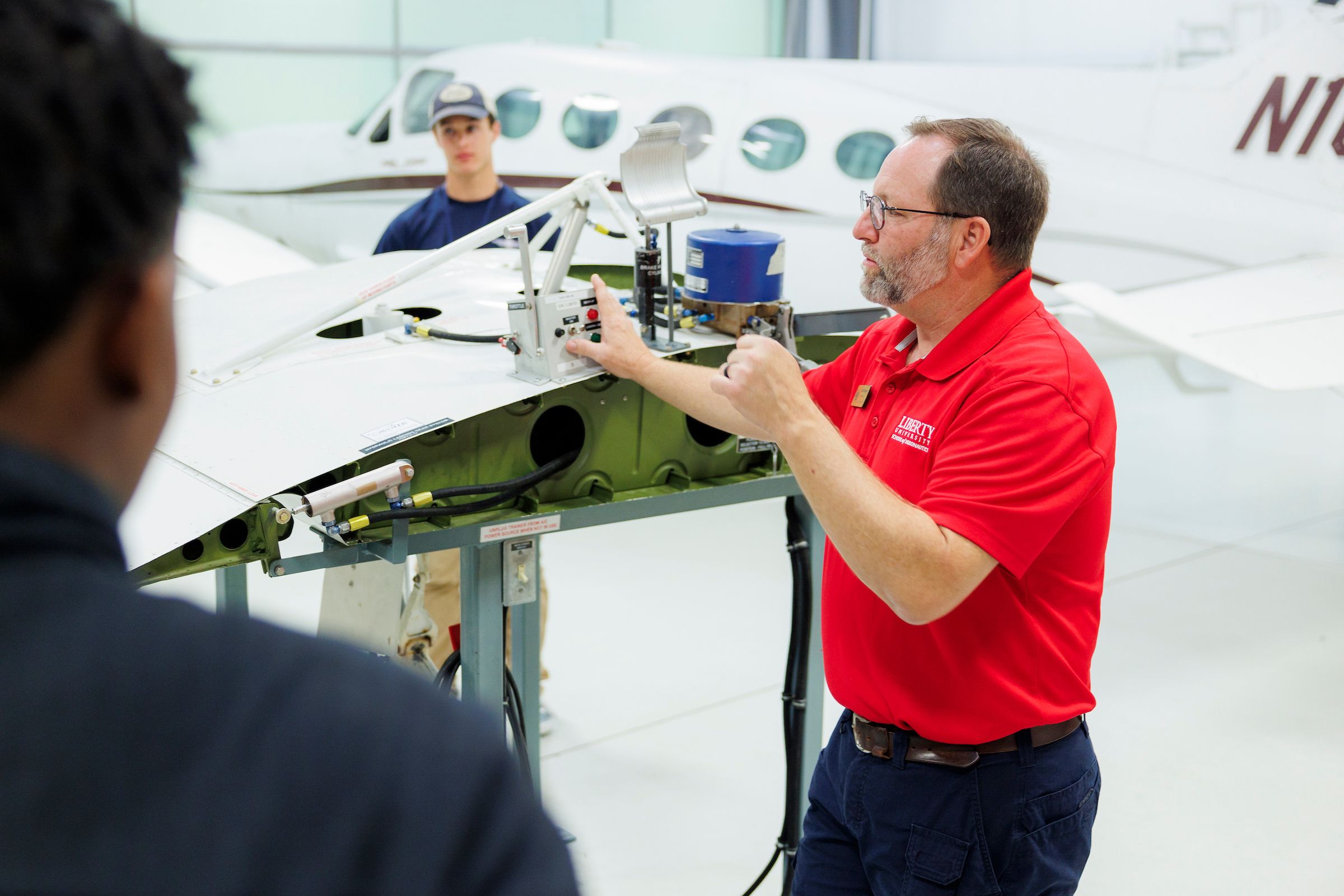
Aviation maintenance keeps planes safe and ready for flight. Ever wondered what goes on behind the scenes to ensure your flight is smooth and secure? Aviation maintenance involves a lot more than just fixing engines. It includes regular inspections, detailed checks, and even cleaning. Technicians work tirelessly to follow strict guidelines and use advanced tools. They inspect everything from the smallest screws to the largest wings. Did you know that some parts of an airplane are checked every 24 hours? Or that maintenance teams often work overnight to avoid disrupting flight schedules? Let's dive into ten intriguing facts about aviation maintenance that highlight its importance and complexity.
Key Takeaways:
- Aviation maintenance is crucial for aircraft safety and efficiency. It involves regular inspections, highly trained technicians, and the use of advanced technology to detect hidden issues.
- Regulations and economic impact play a significant role in aviation maintenance. They ensure safety, save costs through preventive maintenance, create jobs, and address environmental concerns.
The Importance of Aviation Maintenance
Aviation maintenance ensures aircraft safety and efficiency. Without proper upkeep, planes could face serious issues. Here are some fascinating facts about this critical field.
-
Regular Inspections Are Mandatory
Aircraft undergo frequent inspections to ensure they meet safety standards. These checks range from daily walkarounds to in-depth annual reviews. -
Highly Trained Technicians
Aviation maintenance technicians (AMTs) require extensive training. They must complete rigorous coursework and pass exams to earn certification. -
Advanced Technology Use
Modern aircraft maintenance relies on cutting-edge technology. Tools like borescopes and ultrasonic testers help detect hidden issues.
The Role of Regulations in Aviation Maintenance
Regulations play a crucial role in maintaining aviation safety. They set the standards that all maintenance activities must follow.
-
Federal Aviation Administration (FAA) Oversight
In the United States, the FAA regulates all aspects of aviation maintenance. They establish rules and guidelines to ensure aircraft safety. -
International Standards
Globally, the International Civil Aviation Organization (ICAO) sets maintenance standards. These guidelines help maintain consistency across countries. -
Continuous Updates
Regulations are regularly updated to reflect new technologies and practices. This ensures that maintenance standards keep pace with advancements in aviation.
The Economic Impact of Aviation Maintenance
Aviation maintenance is not just about safety; it also has significant economic implications. Proper maintenance can save airlines money and boost efficiency.
-
Preventive Maintenance Saves Costs
Routine maintenance helps prevent costly repairs. By addressing issues early, airlines can avoid expensive downtime and repairs. -
Job Creation
The aviation maintenance industry creates numerous jobs. From technicians to engineers, many professionals are involved in keeping aircraft safe.
Environmental Considerations in Aviation Maintenance
Environmental concerns are increasingly influencing aviation maintenance practices. Efforts are being made to reduce the environmental impact of aircraft upkeep.
-
Eco-Friendly Practices
Many maintenance facilities are adopting eco-friendly practices. This includes recycling materials and using environmentally safe cleaning products. -
Fuel Efficiency Improvements
Maintenance activities often focus on improving fuel efficiency. By optimizing engine performance, airlines can reduce their carbon footprint.
Final Thoughts on Aviation Maintenance
Aviation maintenance is a crucial part of keeping planes safe and operational. From regular inspections to unexpected repairs, technicians work tirelessly to ensure every flight is smooth. These professionals follow strict guidelines and use advanced technology to detect and fix issues before they become problems. Their expertise keeps the aviation industry running smoothly, making air travel one of the safest modes of transportation.
Understanding the importance of aviation maintenance helps us appreciate the hard work behind every flight. Next time you board a plane, remember the dedicated technicians who make it possible. Their commitment to safety and precision is what keeps the skies safe for everyone. So, the next time you hear about aviation maintenance, you'll know it's more than just fixing planes—it's about ensuring the safety and reliability of air travel for millions of passengers worldwide.
Frequently Asked Questions
Was this page helpful?
Our commitment to delivering trustworthy and engaging content is at the heart of what we do. Each fact on our site is contributed by real users like you, bringing a wealth of diverse insights and information. To ensure the highest standards of accuracy and reliability, our dedicated editors meticulously review each submission. This process guarantees that the facts we share are not only fascinating but also credible. Trust in our commitment to quality and authenticity as you explore and learn with us.


